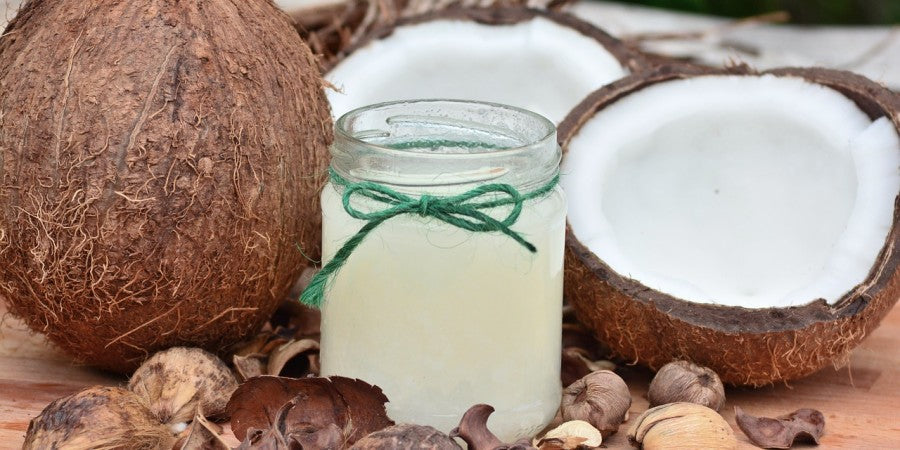After I was constantly asked about this currently booming YouTube clip on the topic "Coconut oil is poison" in the last few days, here is my short statement:
I saw the clip myself in my recommended videos list a few days ago and took a quick look. After the statement, I quote: "Coconut oil is full of saturated fatty acids, which clog the blood vessels and lead directly to cardiac death," I turned off. The following four points are decisive for the validity of this statement:
1. Saturated fats don't "block the blood vessels."
This was an assumption in the 1990s, but has long been scientifically and empirically refuted. Likewise, the "blockage of the vessels" or, strictly speaking, is not a blockage but a thickening of the vessel wall with the clinical term Atherosclerosis or arteriosclerosis.
2. Atherosclerosis is not just atherosclerosis .
Atherosclerosis must be fundamentally divided into two primary types. On the one hand, the storage of cholesterol esters in the vessel wall. On the other hand, the storage of calcium in the vessel wall . Both have little to nothing to do with fat consumption.
3. Atherosclerosis is not caused by the consumption of saturated fat.
But mainly caused by insulin resistance and a suboptimal ratio of triglycerides to HDL. The fat of interest here is the trans fat, found primarily in margarine and other hydrogenated vegetable oils, and unsaturated fats.
4. Atherosclerosis does not lead directly to cardiac death either.
Atherosclerosis is statistically correlated with one of several causes of cardiac death, namely myocardial infarction. If you put in relation that well over 50% of the population have or get some degree of atherosclerosis, but only 0.07% of the population die from a heart attack every year, and that only about 20% of heart attacks are fatal, is mathematical See the correlation "atherosclerosis = cardiac death" quite nonsense.
This is a short line of reasoning for the statement "Coconut oil is full of saturated fatty acids, which clog the arteries and lead to cardiac death".
After that I switched off the clip because, from a purely statistical point of view, such a false statement at the beginning of a lecture means that the rest of the lecture's content is at a similarly low level.
Bottom Line: Coconut oil is a fat that brings benefits, such as high heat stability (crucial for frying) and high levels of saturated fat, which perform many functions in the body, such as the production of testosterone and myelin, the insulating layer of the body Annoy. Coconut oil is a good source of fat for everyday use. But certainly only that and not a new miracle cure.
……
Basically, the popularity of such a lecture in the age of polemics and populism on the Internet is certainly not surprising or new. However, it becomes destructive when listeners trust the supposedly scientific relevance of such statements and question the fact that your healthy habits - such as using coconut oil instead of milk in coffee - really make sense, although subjectively and objectively you feel much better goes.
And that, in my view, is crucial. Pragmatism is key. If someone is subjectively and objectively doing much better with a change or habit, then it makes a lot of sense to keep it.
Even if the internet says otherwise. And the internet says something different about every topic. How flat the earth is.
Continued success with coconut oil as one of the best sources of fat in everyday life!
Image: coconut oil.

